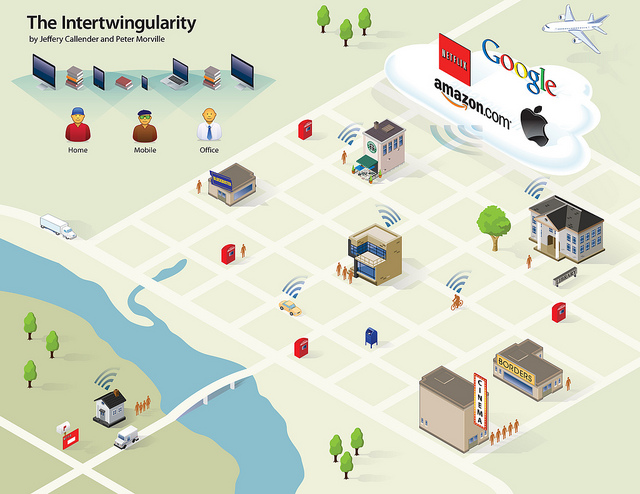Forums are the greatest vehicles for community development, and this post gives tips for launching a forum.
In initial stages, there is an extremely short list of essential forum features. They are: discussions, notifications, analytics and member profiles. The Pillar Summit professional community management training goes into much greater detail about growing your community platform and other topics like: moderation, engagement, strategy, ROI and social sciences. I assist Rich Millington with the program as a community consultant.
As far as preparing to launch a forum the following can be kept in mind.
Start small.
Don’t model your community after an already existing community. If you model your site after a large, established site it will be too complex for your first founding members. The concept of starting small applies to features as well as outreach to new members. The key in both cases is to keep the activity dense: limited features, select community members. StackExchange has over 80 Q & A sites, all of which have the same minimalist structure. In addition to discussions and member profiles, there’s the ability to tag posts and make those discussions easier to find in the future.
Let the platform evolve.
Additional features can be considered from time to time. However, additions should only be made when they benefit large groups of members. As an example, Sue John, who founded and sold the community British Expats, started with a handful of sections and eventually added things like: photos and games. She waited until there was enough demand for the new sections, though, and it was the right decision for her long-standing community.
Use data and optimize ruthlessly.
Everything from discussion topics to forum features should be should be run through the following test: Does the item in question improve the community? If the answer is ever “no,” it should be discontinued. For instance, Heather Sinardo, community manager of Cancer Connection, maintains community polls because of their high response rates. Yet if a program isn’t popular with members, it should simply be abandoned.
Forum features are certainly secondary to relationships in a community. However, a sound platform – that’s simple, fresh and intelligent – is vital to a sound community.
What works and doesn’t work with your forum and community platform experience?
photo: Peter Morville



I think that the set of features that you need initially does depend a little bit on the nature of the community that you are building. I think the most significant factor here is the degree to which external content is significant to the community . External content is things like blog postings, white papers, e-books, videos, etc. Communities with a focus on learning and professional development, for example, often benefit from the ability to build up a library of resources the represent a particular body of knowledge. In these types of communities, discussion is frequently focused on particular content, for example, discussions about a white paper that has just come out. So, in these situations, you may want to consider a platform that supports content acquisition and organization, and perhaps even features for social curation.
what’s the easiest way to build a forum from scratch with minimal coding experience?
 @shysell13 There are a lot of third party options.  I’m a fan of Vanilla forums.